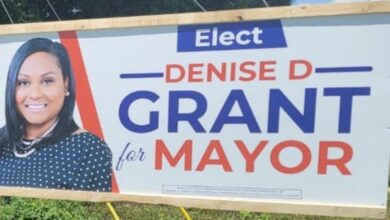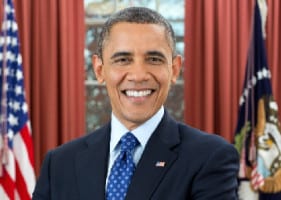“Frequently Asked Questions” (FAQs) Released about Haiti’s Upcoming Elections

PORT-AU-PRINCE, Haiti — The Bureau des Avocats Internationaux (BAI) and Institute for Justice & Democracy in Haiti (IJDH) released last week a Frequently Asked Questions (FAQs) briefing about the significant legal challenges facing Haiti’s upcoming elections, scheduled for October 26, 2014. Elections are long overdue; one-third of the seats in the Senate and all local mayors termed out in 2012. Another one-third of the Senate and all 99 members of the lower house will expire in early 2015 without elections this year.
According to Mario Joseph, managing lawyer for the Bureau des Avocats Internationaux, “Prompt elections are much needed, but elections will only remedy Haiti’s political crisis if they are run fairly by a constitutionally-mandated electoral council. President Michel Martelly has delayed elections for three years because he does not want to lose the political control he has enjoyed without full parliamentary oversight.”
Joseph explains that “The current Provisional Electoral Council (CEP) put into place by President Martelly per the El Rancho Accord is unconstitutional.” The El Rancho Accord, which rules the government’s plan for elections, has not been approved by Parliament and the procedure for selecting a CEP conflicts with the Haitian Constitution. The CEP only has seven of the required nine members due to these legitimacy concerns. Parliamentarians and political opposition call the El Rancho Accord a political coup d’état.
Adding to the political volatility, Jean-Claude “Baby Doc” Duvalier’s former political party plans to enter candidates in the upcoming elections, and his lawyer, appointed to the CEP by President Martelly, is the CEP’s president. Duvalier faces criminal charges for murder, disappearances and torture under his regime.
Nicole Phillips, Staff Attorney with the Institute for Justice & Democracy in Haiti (IJDH) warns that “these elections must not repeat the errors of the last. Illegitimate elections in 2010, contaminated by a corrupt electoral council, illegal exclusion of political parties, ballot-stuffing, and an arbitrary recount by the Organization of American States, set Haiti on its way to its current political crisis.” Phillips recommends that “international support for prompt elections in Haiti strengthen rule of law and democracy by conditioning elections funding on a lawful and independent electoral council that can run fair and inclusive elections.”
The FAQs is available http://bit.ly/VWbqYg



